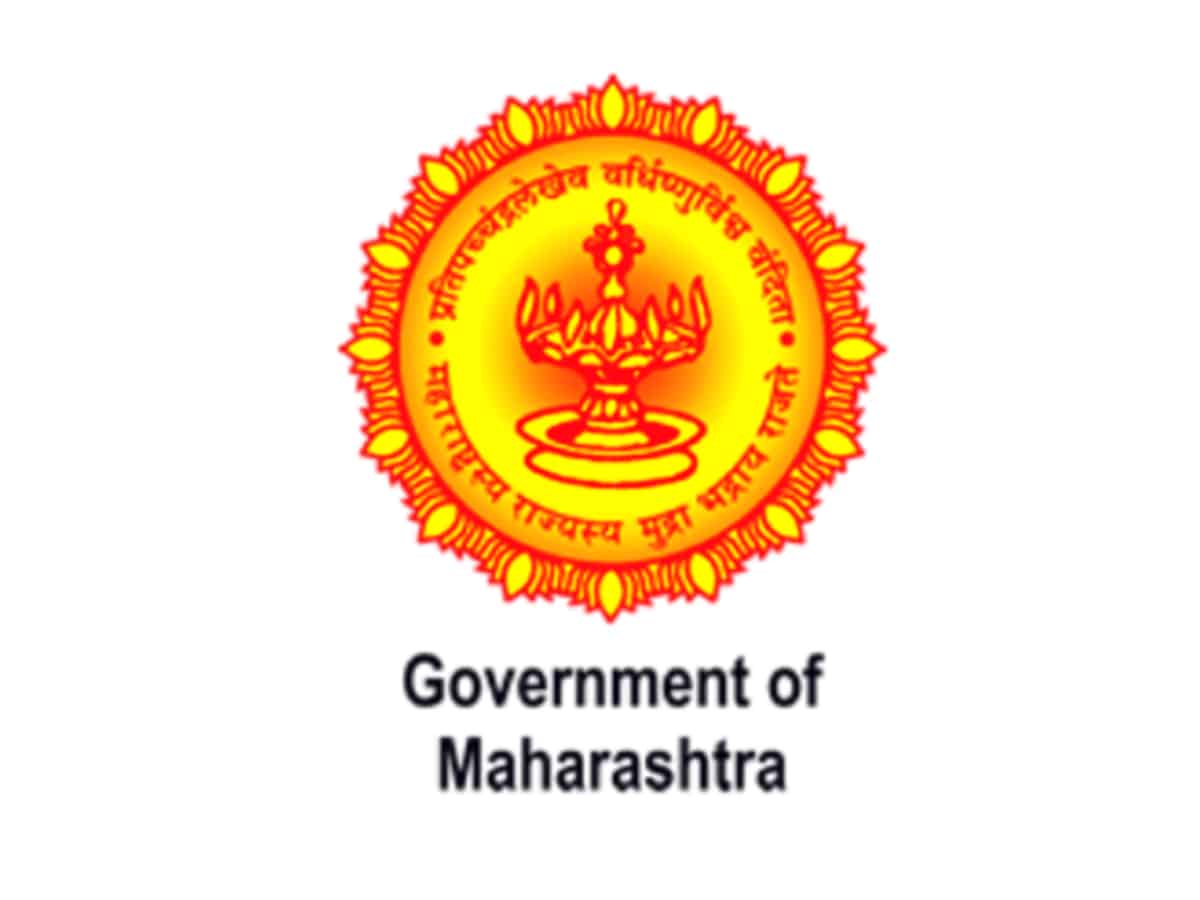Mumbai: The Maharashtra government will soon implement a foster care policy for the protection and rehabilitation of children, state Women and Child Development Minister Yashomati Thakur has said.
Talking to PTI, the minister said the foster care policy will not be necessarily for orphans, but also for other children who are in need of care and protection.
Since every child needs and has the right to be cared for in a family, foster care is a programme whereby a home is provided to the child for a short or extended period.
As part the policy, foster families will be selected based on their ability, intent, capacity and prior experience in taking care of children. The shortlisted foster families will be trained to meetthe needs and rights of the child, Thakur said.
The foster family will not be permanent and will not have legal rights over the child, she further said.
Family foster care is mandated under the Juvenile Justice Act, the minister said, adding thatguidelines have already been prepared and the implementation will begin soon after proper training of different stakeholders.
“Care and protection of children is important. The policy will be implemented on a pilot basis in Mumbai suburbs, Solapur, Pune, Palghar and Amravati,” she said.
A district-level committee headed by collector will prepare the list of foster parents and seek report on whether they are fit to provide care to the child.
The district-level child welfare committee, a quasi judicial body which works for the welfare of children in shelter homes and adoption, will have the final authority in this regard, she said.
Thakur also said her department has decided to decentralise the Mumbai-based state womens commission.
The commissionwill now have offices at district and divisional levels also. These offices will be inaugurated on August 15, she said.
She also said that amid the COVID-19 pandemic, dry ration, comprising raw grains, grocery items, fortified oil and salt, was distributedto pregnant women, lactating mothers and children aged six months to six years across all districts under the supplementary nutritious programme (SNP).
Out of 76,10,757 enrolled beneficiaries, 71,76,627 have been provided ration under the SNP so far, she said.
Thakur said her department was also implementing a mobile-based, pre-school non-formal method of education in the wake of the pandemic.
The state has developed AAKAR (meaning shape) curriculum which is being implemented by anganwadis (government-run women and child care centres). The curriculum is designed to ensure early childhood care and education.
During the coronavirus-induced lockdown, 3,164 supervisors and anganwadi workersformed WhatsApp groups to reach out to 1,43,504 children through videos of pre-school activities, the minister said.
Similarly, mobile-based counselling groups of parents have also been formed to address issues of nutrition, health and sanitation, she said.
The minister said she has also asked her department officials to restart growth monitoring of malnourished children and vulnerable pregnant women and lactating mothers.
These activities are currently not being carried out in COVID-19 hotspots and containment zones, she added.

